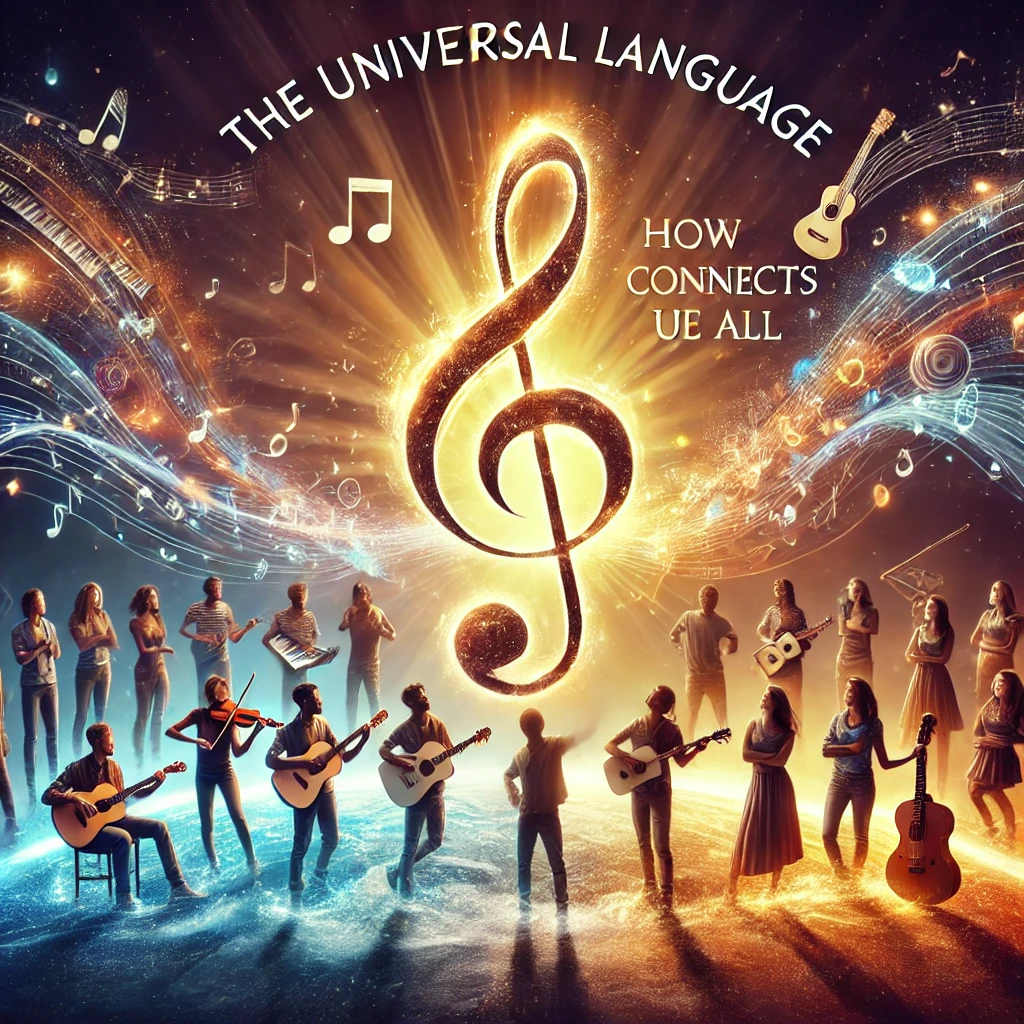Best The Role of Music in Stress Reduction

The Role of Music in Stress Reduction
Music has the incredible power to transcend borders, cultures, and languages. Regardless of where you are in the world, a melody, rhythm, or song can evoke emotions and bring people together. The Role of Music in Stress Reduction serves as a universal means of communication that requires no translation, making it one of the most powerful ways to foster understanding and connection among diverse communities.


Music as a Bridge Between Cultures
If you want to see cultural fusion in action, just look at the music industry. Genres born in one corner of the world effortlessly weave their way into other cultures, creating something entirely fresh.
1: Cross-Cultural Influence in Music
Ever noticed how Afrobeat influences modern pop? Or how hip-hop, born in the Bronx, has exploded across continents, morphing into something uniquely different in each place it lands? Music is a living, breathing entity, constantly evolving as it absorbs new flavors. Some standout examples:
- Hip-Hop: What started in the streets of New York now dominates global charts. Countries like France and South Korea have put their spin on it, proving that hip-hop speaks to anyone willing to listen.
- Reggae: Bob Marley might be a Jamaican legend, but his music carries messages of peace and revolution that resonate worldwide.
- K-Pop: South Korea’s pop explosion has captivated global audiences, despite language differences. It’s proof that music doesn’t need a translation—it’s felt, not just heard.
- Latin Music: Once niche, Latin rhythms have become mainstream, with artists like Bad Bunny and Rosalia leading the charge.
2: The Role of Music Festivals in Cultural Exchange
There’s nothing like standing in a crowd of thousands, feeling the bass thump in your chest, knowing that every single person around you is experiencing the same moment in their own way. Festivals like Coachella, Glastonbury, and Tomorrowland have become melting pots where cultures collide in the best way possible. You don’t just hear different sounds—you experience them.
3: Emotional Connection Through Music
Music isn’t just something we listen to—it’s something we feel. It can lift us up, break our hearts, and transport us to another time and place.
How Music Evokes Emotions
- Sad music isn’t just for wallowing—it can be cathartic, helping us process emotions we don’t have words for.
- Upbeat songs instantly shift moods, fueling workouts, Best The Role of Music in Stress Reduction celebrations, and spontaneous dance parties.
- Instrumental music can calm the mind, making it a go-to for meditation, study sessions, and stress relief.
Music’s Effect on the Brain and Emotions
Science backs it up—music literally alters brain chemistry. Listening to music releases dopamine, the same neurotransmitter associated with pleasure and reward. That’s why your favorite song gives you chills or makes you feel invincible.
4: Music as a Tool for Social Change
Music has always been more than just entertainment—it’s a powerful weapon for change.
Protest Songs and Their Impact
- The Civil Rights Movement: “We Shall Overcome” became the soundtrack of a fight for equality.
- The Anti-War Movement: John Lennon’s Imagine Best The Role of Music in Stress Reduction wasn’t just a song—it was a dream of a better world.
- The Fight for Equality: From Beyoncé’s Formation to Kendrick Lamar’s Alright, music continues to fuel social conversations.
Music’s Role in Uniting People for a Common Cause
- Live Aid (1985) raised millions for famine relief in Ethiopia.
- Global Citizen Festival blends activism with music, proving that art can drive real-world impact.
5: Music’s Role in Strengthening Relationships
Ever bonded with someone over a shared love of a band? Or had a song that instantly reminds you of someone special? Music weaves itself into the fabric of our relationships.
Music in Family and Cultural Traditions
Music isn’t just for the radio—it’s part of our life’s milestones. From lullabies sung to babies to wedding dances, music marks the moments we cherish most.
Music as a Bonding Experience
- Couples have ‘their song,’ a melody forever linked to their love story.
- Friends go to concerts together, creating memories that last a lifetime.
- Parents pass down songs, ensuring musical legacies live on.
6: Music and Language Learning
It turns out music isn’t just fun—it’s educational. Studies show that learning songs in a foreign language improves memory and pronunciation.
How Music Helps with Language Learning
- Singing along to foreign lyrics makes retention easier.
- Rhythm helps lock in vocabulary.
- Exposure to new languages Best The Role of Music in Stress Reduction through music fosters cultural appreciation.
Ever learned Spanish through Despacito or picked up Korean words from BTS? You’re not alone.
7: The Power of Instrumental Music
Words aren’t always necessary—sometimes, a melody says it all.
Instrumental Music in Different Cultures
- Indian classical music is designed for meditation and spiritual connection.
- African drumming tells stories without uttering a single word.
- Western orchestral compositions evoke powerful emotions through pure sound.
Conclusion
Music isn’t just background noise—it’s a universal thread that connects us all. It’s the soundtrack of revolutions, the bridge between cultures, and the comfort we seek in times of joy and sorrow. It doesn’t matter where you’re from or what language you speak—press play, and suddenly, we’re all speaking the same language.




